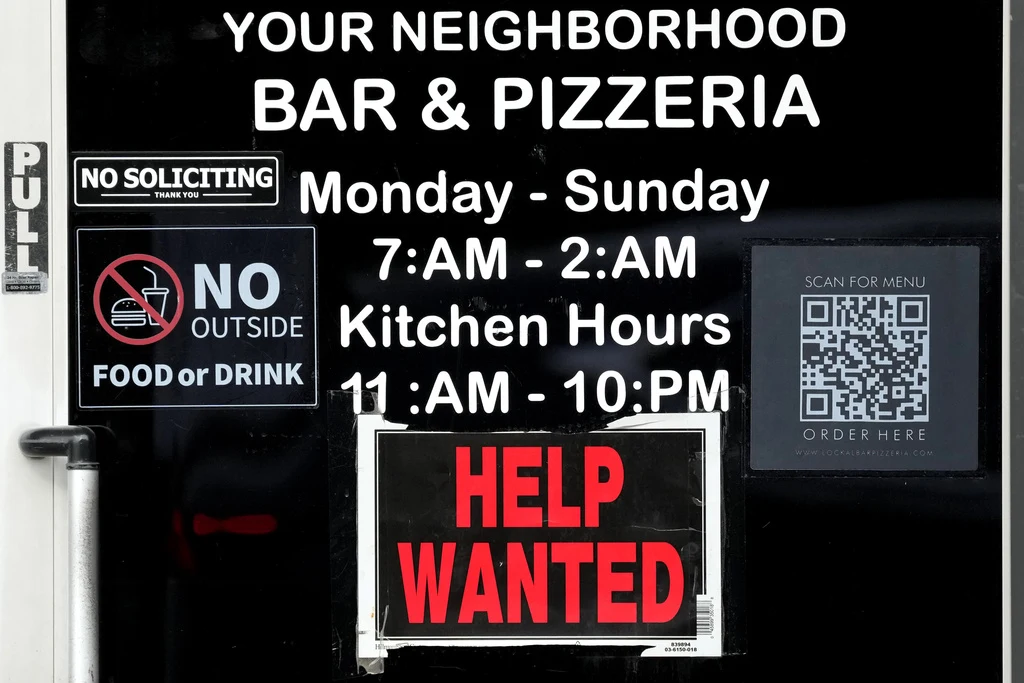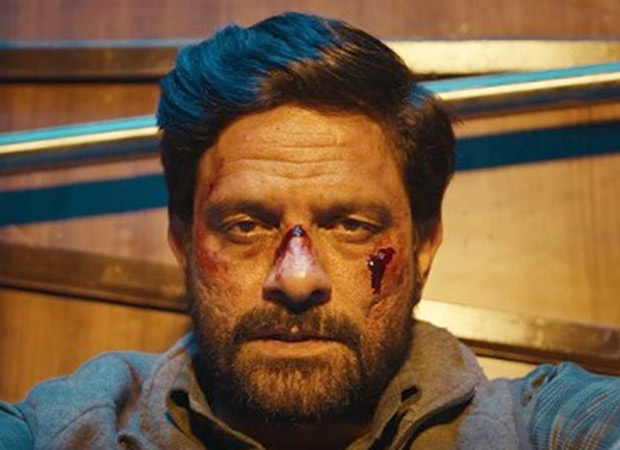After decades of what I can only sum up as a borderline failure for video game movie adaptations (save for a few outliers from Nintendo and Sega), the sub-genre has finally found its home in streaming services. The last couple of years have been big for video game TV adaptations. 2023 saw one of the most faithful among them in HBO’s The Last of Us, and now, the spotlight goes to Prime Video’s recent Fallout series.
Both are currently hailed as the best representations of video game adaptations to TV or film. Hence, comparisons are inevitable. It’s time to settle this Fallout vs. The Last of Us post-apocalypse match based on what each series does better than the other.
Casting & Acting – The Last of Us
Any objections? You don’t want to break internet daddy Pascal’s heart, do you? But even prior to becoming the internet’s favorite person, Pedro Pascal already had a huge portfolio. Coupled with Bella Ramsey, it’s an automatic win for The Last of Us.
HBO really leveraged that former Game of Thrones power duo for The Last of Us, and it’s hard to imagine a live-action Joel and Ellie as someone else now. Also, the stakes were higher for The Last of Us‘ main cast since any minor deviation from the tightly scripted original might incite fan outrage. Needless to say, they nailed it.
Characters – The Last of Us
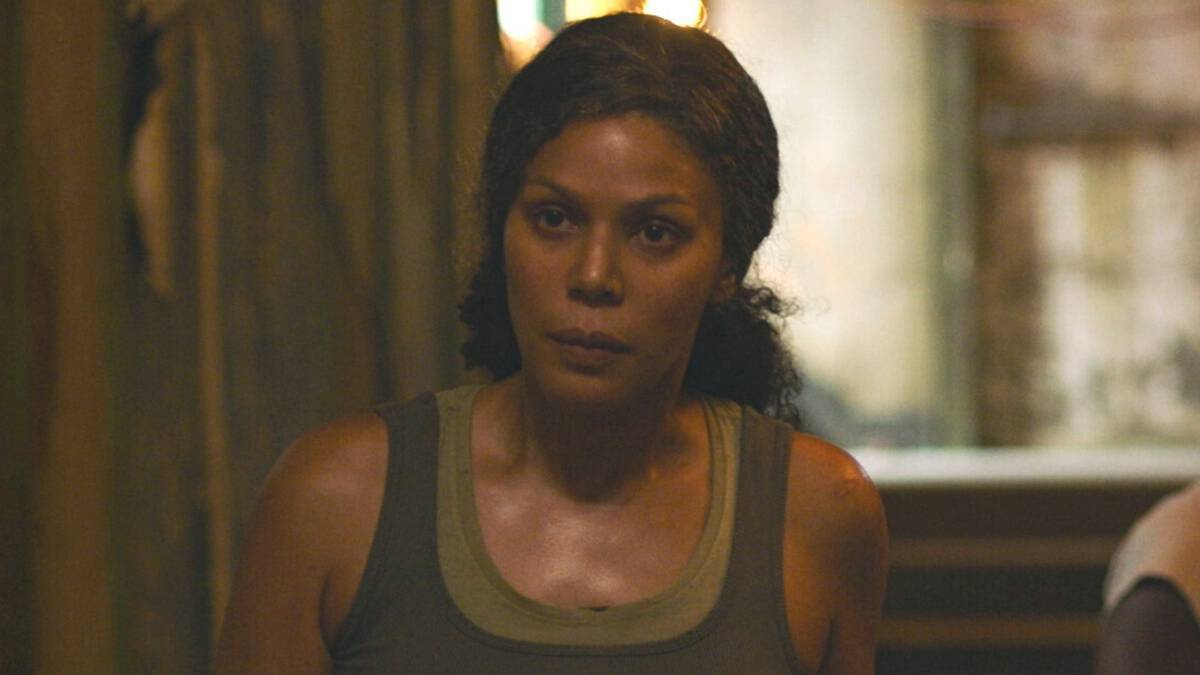
Still, regardless of the acting and the casting choices, how did the characters feel? Both series did a great job of portraying the humans (and creatures) of a post-apocalypse setting. However, The Last of Us gave way more room for their characters to display emotions and be more relatable to viewers.
While The Last of Us focused on its two main characters, it also gave a fair treatment of humanization to its side characters in a way that Fallout couldn’t. It’s easy to feel invested or even interested in all characters in The Last of Us compared to Fallout, where you’re mostly only concerned about the main trio.
Story – Fallout

This one goes to Fallout for the mere fact that it had to take bigger risks with the story. The story was fresh and independent of the video games whereas The Last of Us had to be on-rails. Consequently, there were more surprises along the way for Fallout, which is delightful for the game fans.
Moreover, the way Fallout managed to converge three (or four) separate storylines while still emulating the philosophical overtones of the games’ plots is what makes its execution more exciting to witness.
Faithfulness – Fallout
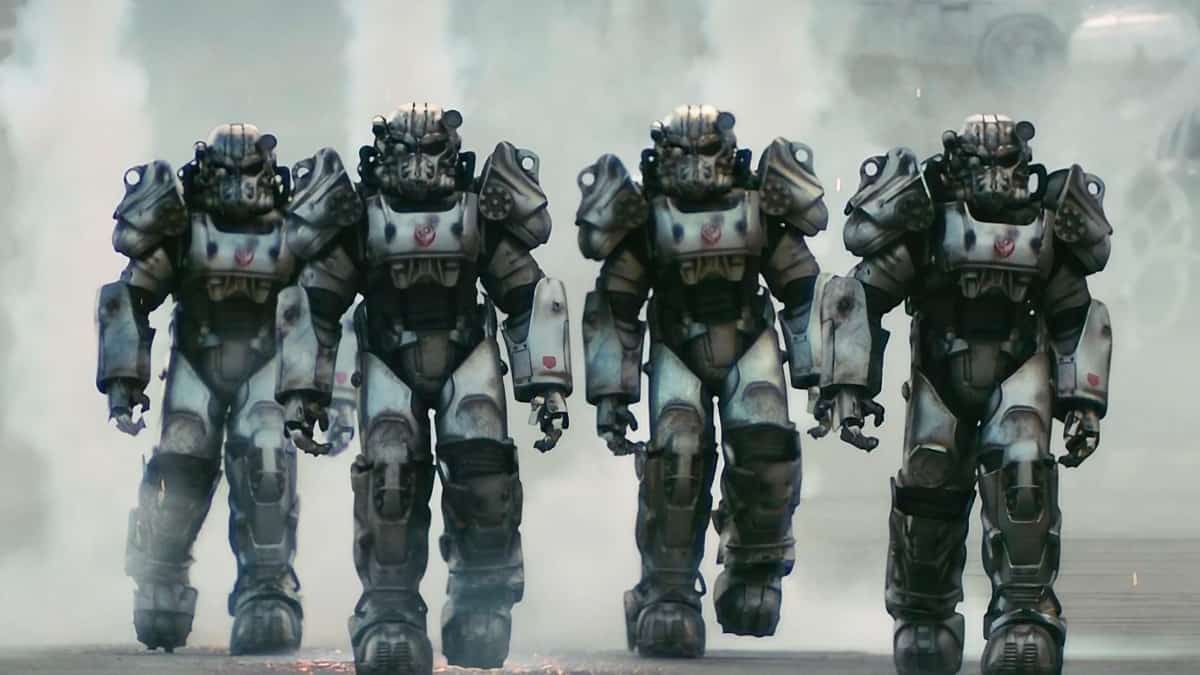
The big reason both shows are widely celebrated as the flagbearers of video game film/tv adaptations is that they stuck to their source material. There were little to no indulgent alterations that would alienate the video game fans.
The showrunners did their assignments, and it shows. Still, it was easier for The Last of Us to be faithful to the video game since the game was already half a movie, even the gameplay parts. Fallout had to figure itself out much more and could have easily strayed as the plot demanded, but it still managed to use the game’s clashing factions and power players to its strengths.
Visuals & Atmosphere – Fallout
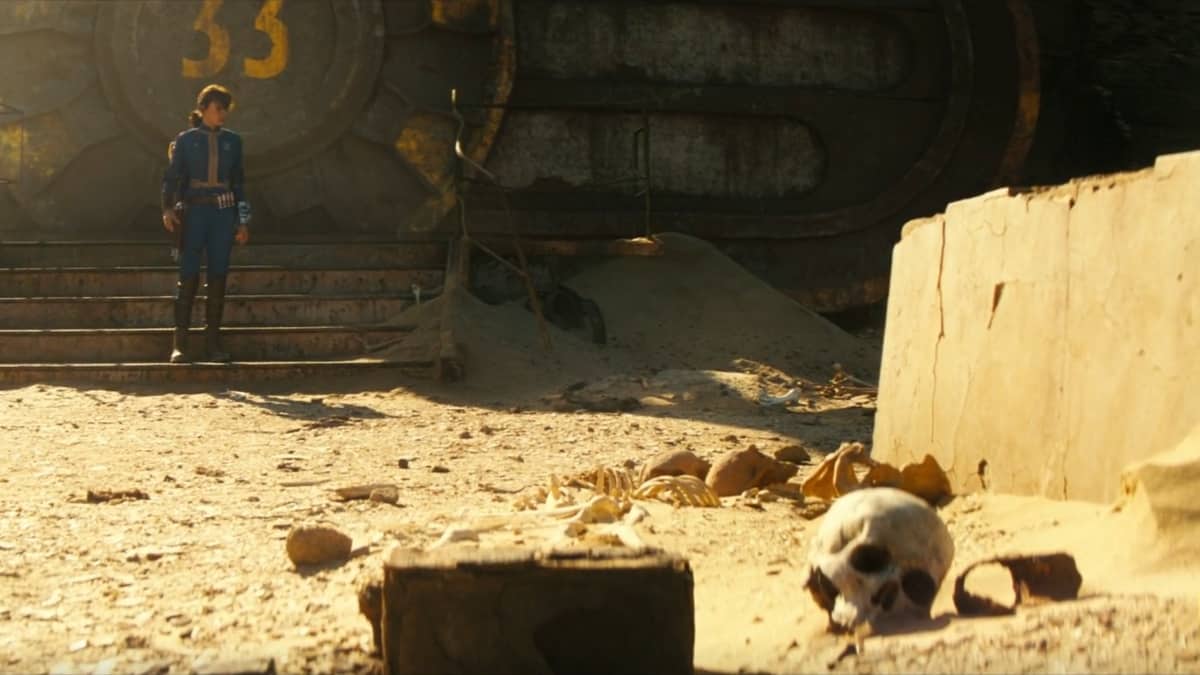
Fallout gets an ever so slight edge here. It had a lot to work with; it’s not just post-apocalyptic but also an atompunk sci-fi and that needs more effort to portray compared to the contemporary setting (more or less) in The Last of Us.
The props didn’t look cheap at all, and they reproduced the lighting and the general atmosphere of the wasteland, minus a few lush, green areas. The Last of Us set piece was likely easier to recreate in live-action (just go to abandoned areas in Detroit and shoot there or something).
Sounds & Music – Fallout
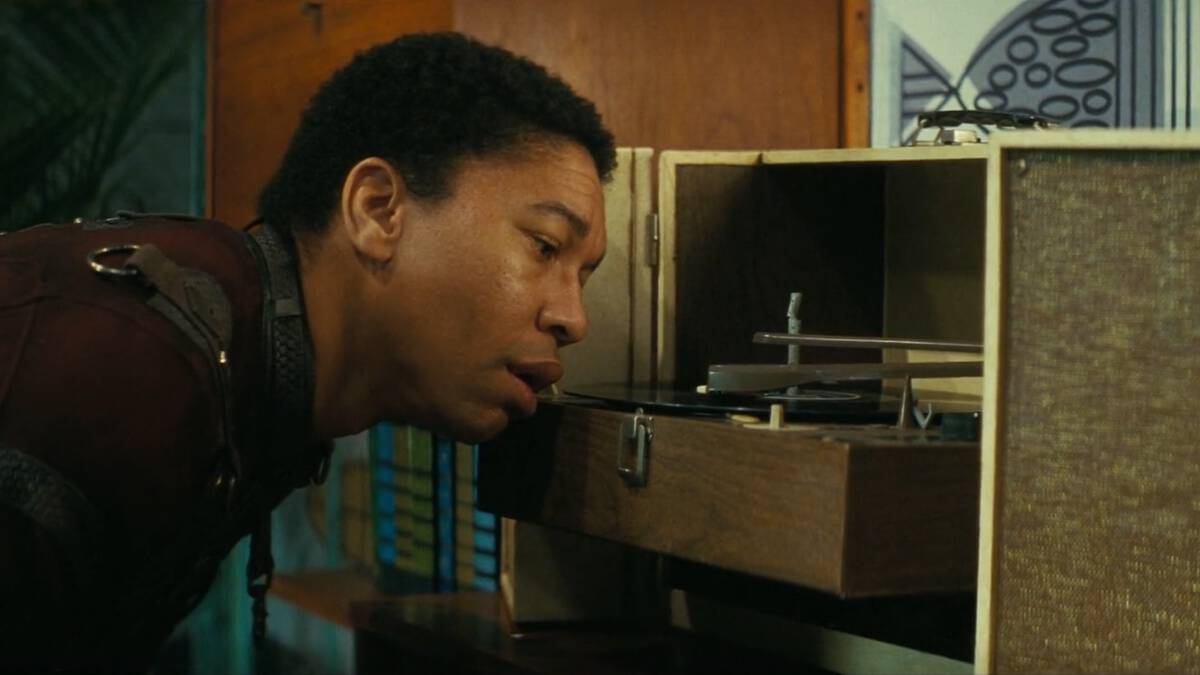
Both shows know how to set the tone with the standard post-apocalyptic orchestra, but what really set Fallout apart was how it supplemented its general atompunk atmosphere the same way the games did, with retro soundtracks. The post-war jazz and the Ink Spots did a lot of the heavy lifting here.
Fallout sets a unique tone thanks to its soundtrack, and it’s easily more distinguishable as a post-apocalyptic setting compared to The Last of Us. The general sound design also ought to trigger a nostalgia trip for Fallout game fans, from the Pip-Boy static to the PTSD-inducing Radroach squelches (urgh).
Action – The Last of Us
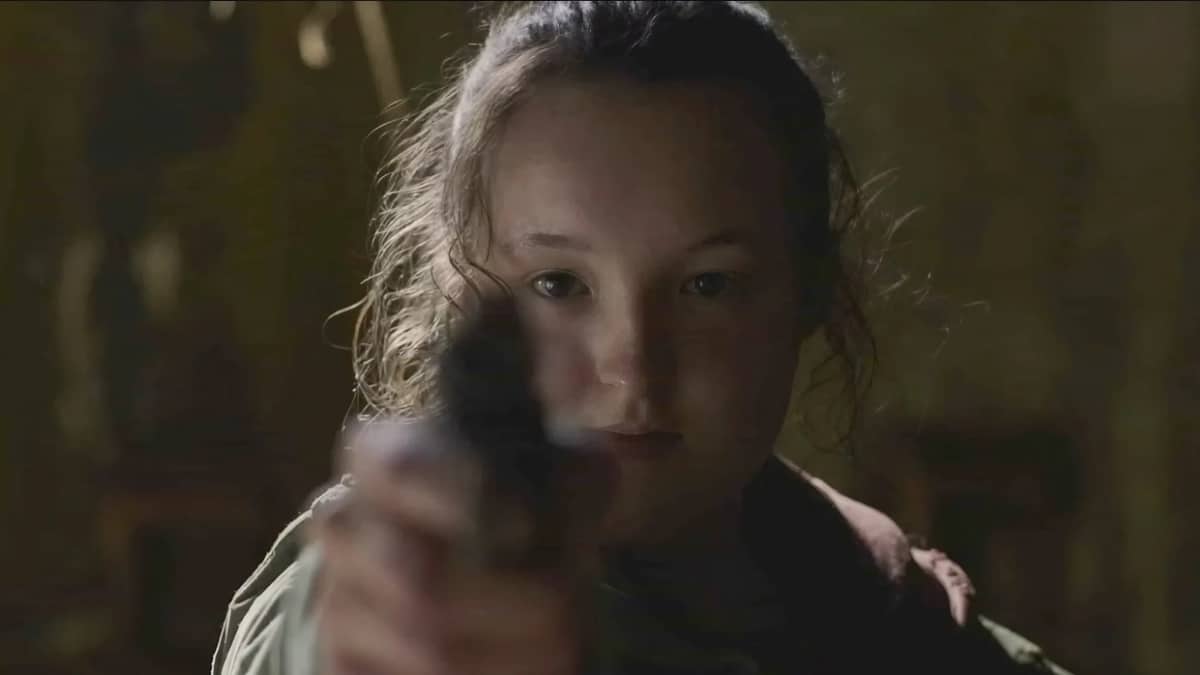
Fallout, much like the games, had a tendency to put comedic twists in their action sequences, and some of it can be too over-the-top or nihilistic. After a couple of episodes, you begin to realize that the three main guys are practically invincible, and it’s hard to pretend they aren’t.
Finger amputations and radiation poisoning are easily treated, and the wasteland’s danger felt inconsequential (which somehow breaks the lore). Action in The Last of Us had less playful purpose; it served to display the characters’ strengths and weaknesses, along with their human limitations. But overall, The Last of Us‘ action sequences were more tactical and tense.
Verdict – Fallout
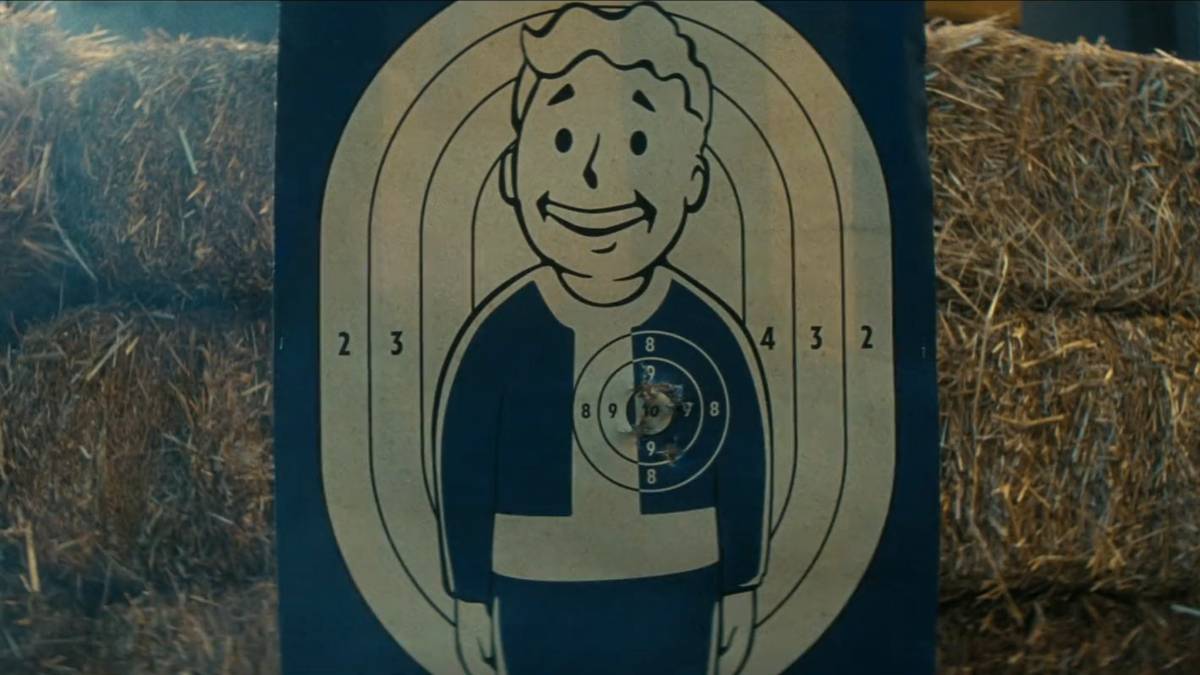
Fallout wins marginally, and that doesn’t mean The Last of Us is the worse show. When it comes to the effort it had to put in and the stakes it had to deal with, Fallout delivered. It could have easily burned itself down in a radioactive blaze due to its more risky story and overlapping plotlines. But rose from the rubble and came out on top.
Still, who are we kidding, we’re all going to watch both anyway regardless of which won this Fallout vs. The Last of Us debate.





